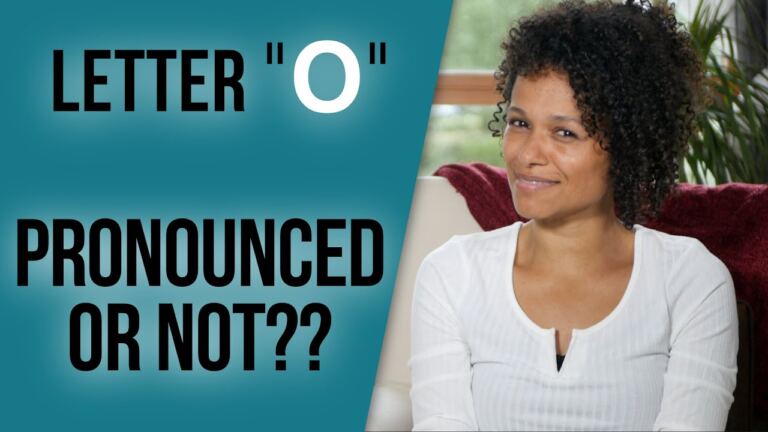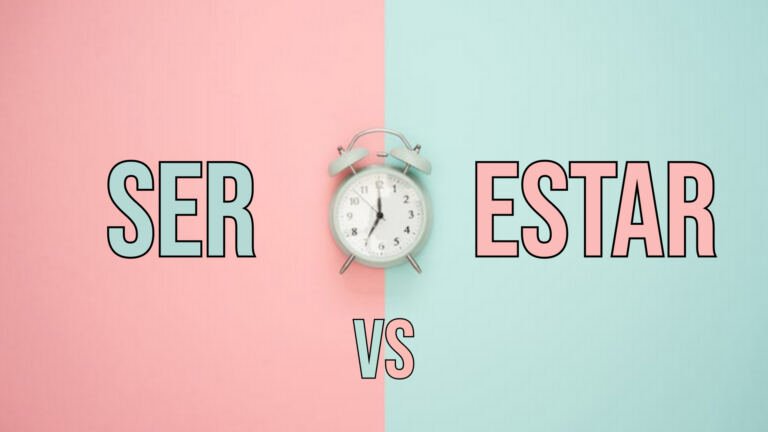Lesson 49 – Portuguese with Carla
Podcast 49 is a European Portuguese lesson with a twist. Our usual colloquial conversation, with a great Portuguese idiom. But this time we challenge you to a first half all-in-Portuguese-lesson. Don’t worry, we explain everything later on in the lesson. 🙂
Desfrutem!
Dialog
P – Olha estes. São giros…
T – Se ainda andasse na escola e tivesse borbulhas na cara, talvez…
P – Não sejas parvo! E esses aí às riscas?
T – Não gostei! Coloridos demais para o meu gosto.
P – Ah, deixa de ser esquisito. Estão em promoção e tudo….são mesmo estes.
T – Patrícia…Patrícia…
P – O que é?!
T – Aquele não é o marido da Sónia?
P – Ah pois é… anda, rápido! Vamos para os provadores!
T – Qual é a pressa?
P – Vá…antes que ele nos veja, o homem fala pelos cotovelos.
Links:
- O novo Guia da Conversação, em Português e Inglês by José Fonseca e Pedro Carolino
- Vitinho







Oh Marlon, Marlon
Você diz neste Podcast ‘so many people have invaded England’. Devo defender a Inglaterra…
…apenas duas invasões em nossa história inteira : 55AC (Romanos) e 1066 William the Conquerer (de Normandia)
E Portugal ??? … os mouros, os espanhóis (pelo menos três vezes) et os francês.
Also, is it possible Jose Fonseca was a visionary, ahead of his time? In 1855 no-one had heard of Google Translate!!
Bom dia Ian, obrigado pelo feedback.
O problema em parte foi o termo “Inglaterra”. Assim que o disse percebi o erro. Eu estava a falar da ilha onde hoje se encontra parcialmente esse país.
Tenho andado a ler “Our Magnificent Bastard Tongue” de John Mcwhorter, onde se fala sobre as influências dos Anglo-saxões (4º/5º séc.) e Vikings na língua que hoje chamamos “inglês”.
José…nah, no visionary, he simply didn’t speak the language and thought grammar from another European Language would just apply perfectly to English.
🙂
lol!! I meant to make a joke because your translations from Fonseca made me laugh and reminded me of some of the awful translations the Google Translator still makes 150 years later!
I hope you realised both my comments above were made rather ‘tongue in cheek’!! ( Existe um coloquialismo português para este?)
Hi Ian, now I see the joke about Jose Fonseca. 🙂 Sorry. It’s just amazing to me how the chap spent probably years of his life putting that book together completely oblivious to his ignorance of the language. 🙂 Anyhow!
“tongue in cheek”…tricky. I would say “na brincadeira”/”estava a brincar” or “estava a ser irónico”.